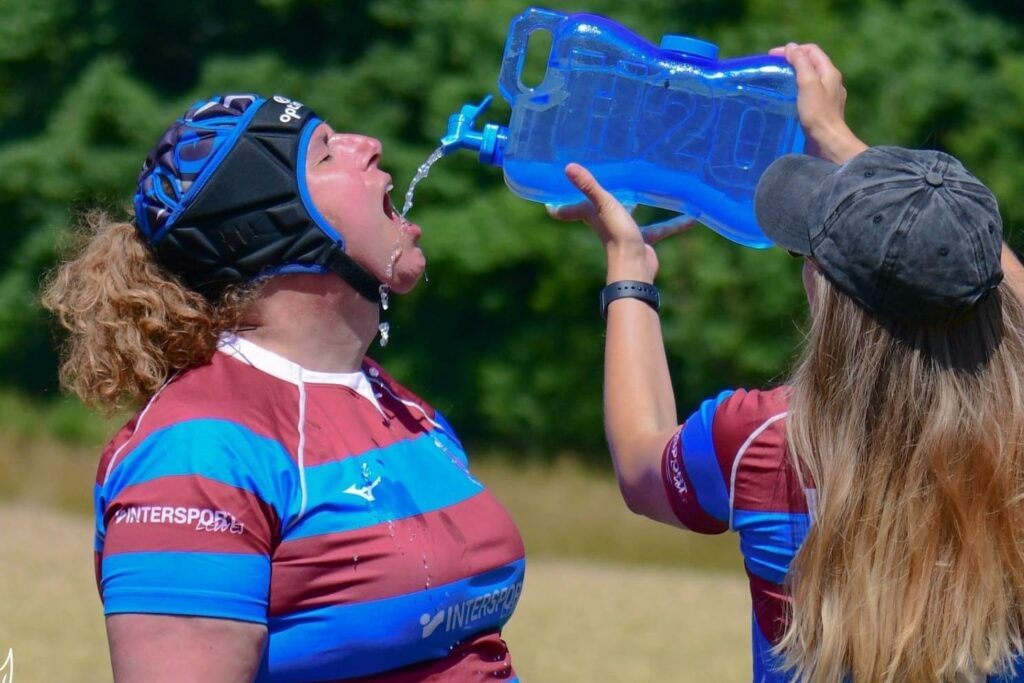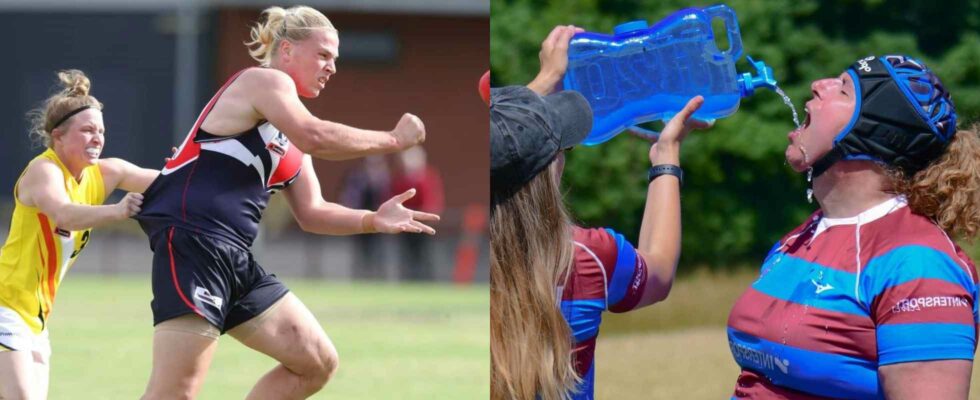England’s Rugby Football Union (RFU) is facing legal action after they decided to ban transgender female athletes from competing against cisgender female athletes.
Transgender athletes have become quite a heated debate these days. A lot of people in the US believe transgender women should not be allowed to compete in the women’s division. This is due to size and power advantage caused by physical differences that are a result from undergoing puberty.
Back in July, the Rugby Football Union had a council meeting to discuss athletes and decided to ban transgender female athletes to compete. The council voted to “only permit players in the female category if the sex originally recorded at birth is female”.
Responding to the new rule, transgender player Julie Curtiss chose to mount a legal challenge against that decision. According to a report from Daily Telegraph,

Curtiss issued the governing body with a pre-action protocol letter. The 52-year-old believes that the new rule discriminates against her under section seven of the Equality Act 2010.
Section 195 says they can prohibit transgender athletes from competing in a sport where strength, stamina, and physique are important factors. However, the restriction can only be done to ensure that the athletes are safe or to make sure that the competitions are fair.
Therefore, Julie Curtiss is hoping for transgender athletes to be unbanned if they can prove that the competition can still be fair. Curtiss herself is hoping to play for Hove RFC’s women’s team.
London-based law firm Russell Cooke somehow believes adding one transgender female to a female rugby team won’t make too much difference and it should not be a problem.
“It is difficult to see how a blanket ban with no exceptions could be justified as necessary. Allowing a particular trans woman to play in the female category for contact rugby may not raise any issues in respect of fair competition or the safety of competitors, and if so her exclusion cannot be justified.” Cooke said.
